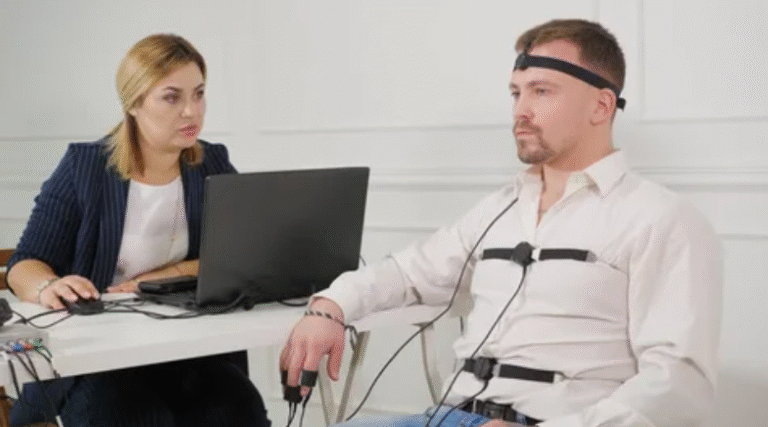Understanding The Work Of A Brain Specialist

Introduction
Neurological health is central to human life, as the brain and nervous system control every thought, movement, and sensation. In a bustling city where modern lifestyles are demanding, the role of a neurologist hong kong has become increasingly important. These professionals dedicate their lives to diagnosing, treating, and managing conditions that affect the nervous system. Beyond medicine, their work also intersects with human emotions, resilience, and trust, making their contribution invaluable in healthcare.
Who A Neurologist Is
A neurologist is a doctor trained to deal with disorders of the brain, spinal cord, and nerves. Their expertise covers a wide range of conditions, from migraines and epilepsy to strokes and degenerative diseases like Parkinson’s. Unlike surgeons, they primarily use diagnostic skills, therapies, and medication-based treatments to help patients recover or manage chronic conditions. Their knowledge is broad, requiring years of study and continuous learning.
Importance Of Early Diagnosis
The brain is a complex organ, and small symptoms can sometimes indicate larger problems. Specialists in this field emphasize early diagnosis, as detecting neurological conditions at an early stage often leads to better outcomes. For example, identifying early signs of dementia allows families to prepare and manage care effectively. Much like a photographer notices fine details in light and shadow, a neurologist identifies subtle signs that can guide life-saving interventions.
Advanced Technology In Neurology
Modern medicine has brought powerful tools that assist specialists in diagnosing and treating patients. MRI scans, CT scans, and EEG tests allow detailed imaging of the brain and nervous system. In hong kong, many hospitals and clinics are equipped with advanced facilities, making neurological care more accurate and efficient. These technologies are similar to high-resolution photography, where clarity reveals truths that the naked eye cannot see.
Building Relationships With Patients
Treating neurological disorders requires more than technical knowledge; it demands patience, empathy, and communication. Patients may feel anxious or fearful when facing conditions that impact memory, mobility, or speech. A neurologist hong kong not only prescribes treatment but also provides reassurance and emotional support. This relationship helps patients trust the process and stay motivated throughout their recovery journey.
Common Neurological Conditions Treated
Neurologists handle a wide spectrum of conditions. Some of the most common include:
- Migraines and chronic headaches
- Epilepsy and seizure disorders
- Stroke and post-stroke rehabilitation
- Multiple sclerosis
- Parkinson’s disease
- Neuropathy and nerve pain
Each condition requires a tailored approach, combining medication, therapy, and lifestyle adjustments. By customizing treatments, specialists provide patients with the best chance of improving their quality of life.
See also: How Smart Devices Are Helping Improve Mental Health
Challenges Faced By Specialists
Working in neurology is demanding. Patients often present with complex conditions that do not have simple solutions. In addition, neurological diseases sometimes progress despite treatment, requiring doctors to manage long-term care and provide continuous support. This is emotionally challenging, yet specialists stay committed to their mission, balancing science with compassion.
Lessons From Photography
Photography teaches us about timing, perspective, and focus—qualities that are also essential in medicine. Just as a photographer frames a shot to capture hidden beauty, a neurologist observes every detail to understand a patient’s condition. Both fields require patience, precision, and the ability to interpret subtle signals. These similarities highlight the artistry within science and medicine.
Contribution To Society
Specialists in this field play a vital role in public health. By raising awareness about stroke prevention, promoting mental health, and encouraging early check-ups, they empower people to take control of their neurological well-being. In a fast-paced city, their presence ensures that individuals and families have access to advanced care when it matters most.
Conclusion
The work of a neurologist hong kong extends beyond treating illnesses—it involves guiding patients and families through some of life’s most difficult challenges. With a blend of scientific expertise and human compassion, they restore hope where uncertainty exists. Much like a photographer who captures light in darkness, these specialists reveal paths of recovery and resilience for those in need.





